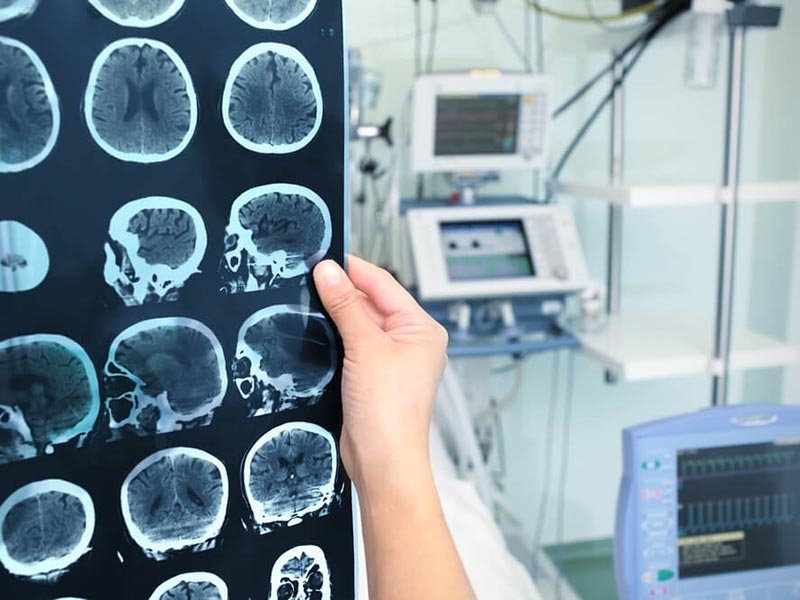
Electroencephalogram
Watch our video about Electroencephalogram
Understanding Electroencephalogram (EEG)
An electroencephalogram (EEG) is a diagnostic test that measures and records the electrical activity of the brain. Using small, metal discs called electrodes attached to the scalp, EEGs can detect abnormalities in brain waves or electrical activity that may be associated with various brain disorders. This non-invasive procedure plays a crucial role in diagnosing and managing conditions affecting the brain.
Procedure Overview
During an EEG, you will be asked to sit or lie down in a comfortable position. A technician will attach electrodes to your scalp using a special adhesive. These electrodes are connected to an EEG machine that records the brain's electrical activity. The procedure typically lasts about one hour, during which you may be asked to perform simple tasks or be exposed to stimuli, such as flashing lights or noises, to observe changes in brain activity. The test is painless and does not involve any electrical current being put into the body.
Purpose and Importance
The primary purpose of an EEG is to assess the electrical activity of the brain and identify abnormalities that may indicate various neurological conditions. It is particularly useful for diagnosing and monitoring:
- Epilepsy and seizure disorders
- Brain tumors
- Brain damage from head injuries
- Brain dysfunction from various causes (e.g., encephalopathy)
- Sleep disorders
- Stroke
- Infections of the brain
EEGs are also used in brain death assessment and during surgery to monitor brain activity.
When to Look for This Procedure
Your healthcare provider may recommend an EEG if you have symptoms or signs that suggest a neurological disorder, such as:
- Seizures
- Unexplained periods of unconsciousness
- Recurring headaches or migraines
- Dizziness
- Memory problems
- Behavioral changes
Symptoms and Indicators for EEG
An EEG may help with diagnosing or managing conditions marked by abnormal brain activity. If you experience seizures, unexplained episodes of unconsciousness, or other neurological symptoms, an EEG might be part of your evaluation.
Pre and Post Exam Care
Pre-Exam
Wash your hair the night before the test but don't use any hair products afterward. Follow your doctor's instructions about eating and drinking before the test, and discuss any medications you're taking.
Post-Exam
You can usually resume normal activities immediately after an EEG. If a sedative was given (rarely required), you might need someone to drive you home.
Preventions and Recommendations
While you can't prevent all the conditions an EEG might diagnose, maintaining brain health can reduce your risk. This includes:
- Regular physical exercise
- A balanced diet rich in omega-3 fatty acids, antioxidants, and vitamins
- Adequate sleep
- Stress management
- Avoiding excessive alcohol and drug use
For those with epilepsy or seizure disorders, following treatment plans and medication regimes strictly is crucial to prevent seizures, which an EEG can help monitor and manage.
An EEG is a valuable tool in the diagnostic process for various brain-related conditions, offering insights into the electrical activity of the brain that can guide diagnosis and treatment.